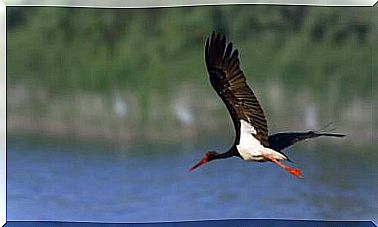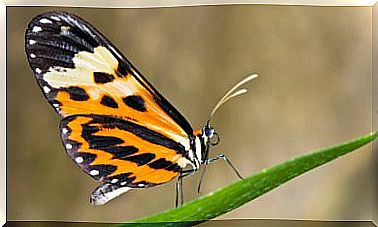What Is Sylvestrism And Why Do You Want To Prohibit It?
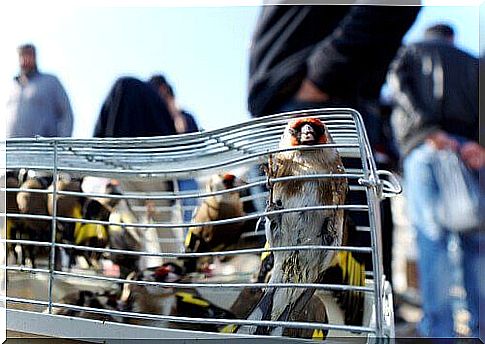
Not everyone knows what the word ” sylvesterism ” means. It is an activity, well known in some countries, which allows the capture of wild birds to reduce them to captivity. In countries like neighboring Spain, for example, over 300,000 songbirds are caught each year.
The silvestrismo , then, is a type of hunting and provides for the provisional release of 30% of the captured specimens. Those that remain in the hands of the practitioners of this activity are used in many ways, as we will explain in this article.
What is sylvestrism?
As anticipated, this practice is based on the capture of songbirds for use in singing competitions and other activities. European legislation prohibits the capture of live wild animals, but these particular hunters also act “by way of derogation”, taking advantage of authorizations granted on an exceptional basis.
For this practice, the Silvestrists use different techniques but which cannot be selective. Therefore, nets and traps are used with all varieties of birds, with the risk of capturing even non-functional species for singing activities, with a serious risk for the local fauna.
It is an activity that goes against all conservation and protection programs for small birds and, even if 30% of the specimens captured will be released later, we are facing a truly paradoxical situation.
The problems of sylvesterism
Spanish ornithologists (Spain is the country where sylvestrism is most developed) warn that from a scientific point of view this is an extremely harmful practice for many threatened birds. On the other hand, they remind us that captive breeding is sufficient to meet the needs of activities such as singing competitions or others affected by silvestrism.
Legislation had to juggle to allow sylvesting despite European Union indications. Keep in mind that keeping wild birds indoors is illegal in Spain, unless you have a “license” as a sylvester.
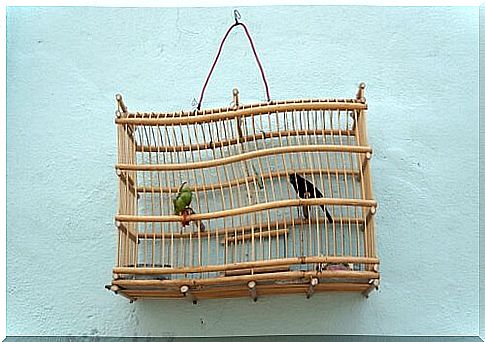
However, it is not clear why so many catches are needed, nor why the birds are not released even after competitions. The breeding of specimens in captivity is sufficient to meet the demand for specimens for these singing events. It is not clear why hundreds of poor wild animals continue to be snatched from nature, depriving them of their freedom.
The whole European Union against sylvestry
However, Europe has decided to put this type of practice under the magnifying glass. Not surprisingly, there is a European directive of 2009 which expressly prohibits the intentional capture of all wild birds in the Old Continent.
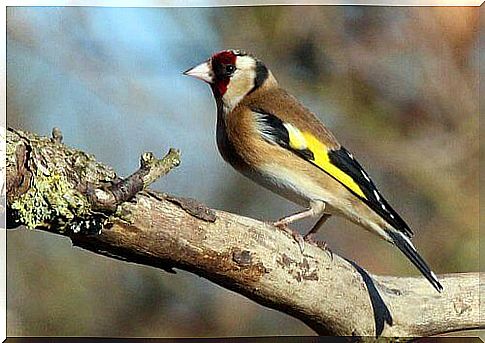
According to Europe, this activity must be practiced under controlled and selective conditions and only in “small” quantities. The behavior of the Silvestrists, however, is putting a strain on the patience of the European supervisory bodies.
For years, sylvanism has been accepted as a way to guarantee breeding in captivity, with the aim of ending the discussion of hunting forever. In reality, however, these people refuse to give up their hobby , trying to make it pass as a sort of activity linked to the tradition and culture of the territory.
Finally, the European Union has placed limits on trapping and aims to abruptly reduce sylvestrism. The response from hunters and sylvesters was not long in coming and many demonstrations have already been seen in various Spanish cities.
For our part, we can only emphasize that anyone who wants to have a goldfinch should go to pet shops or breeders instead of catching a wild one, used to living in the open air. On the one hand, this will protect the continuation of ecosystem-critical songbird species. On the other hand, it will avoid the forced imprisonment of living beings who do not deserve to be kept in a cage, just for the pleasure of listening to their song.



